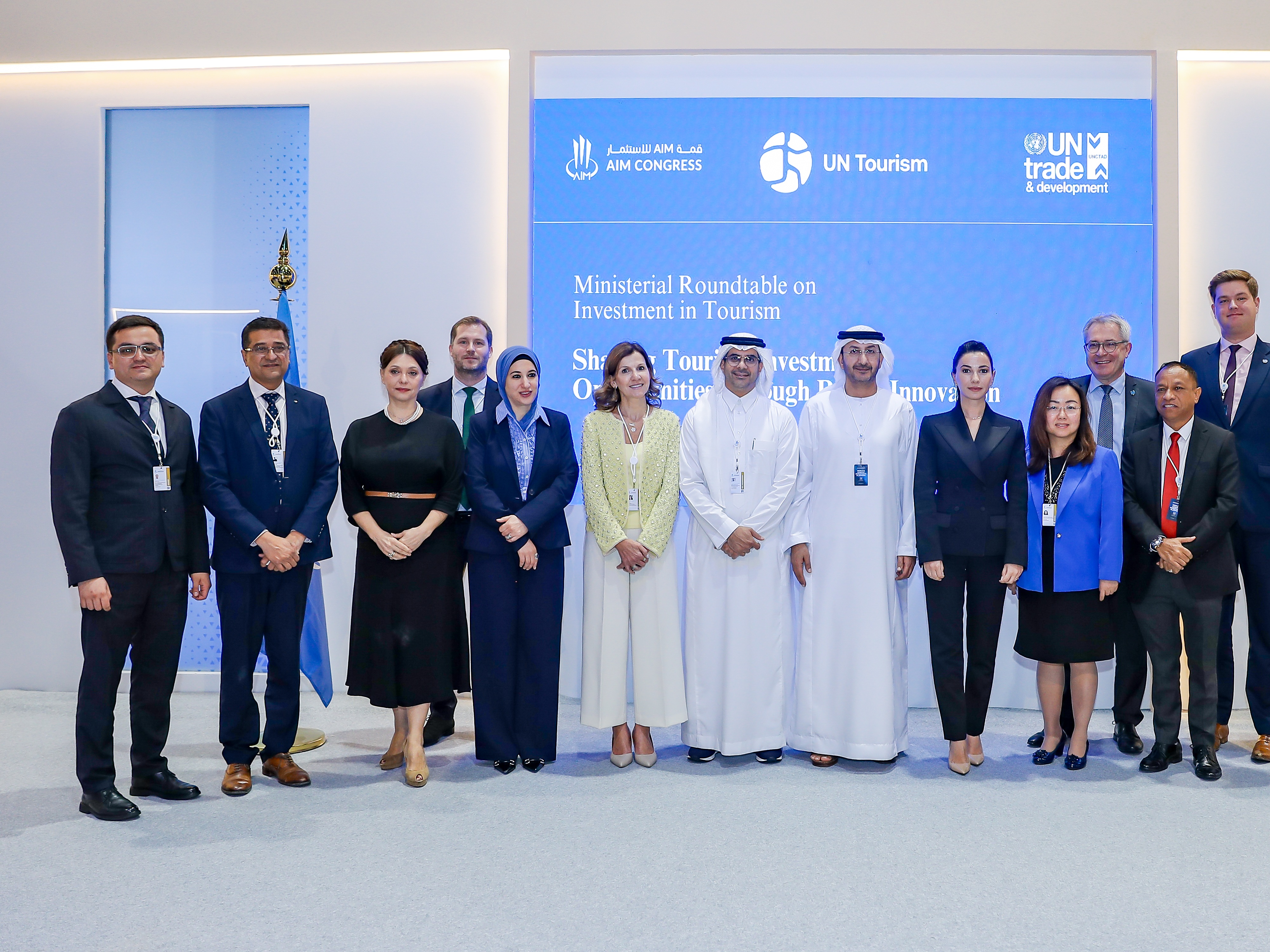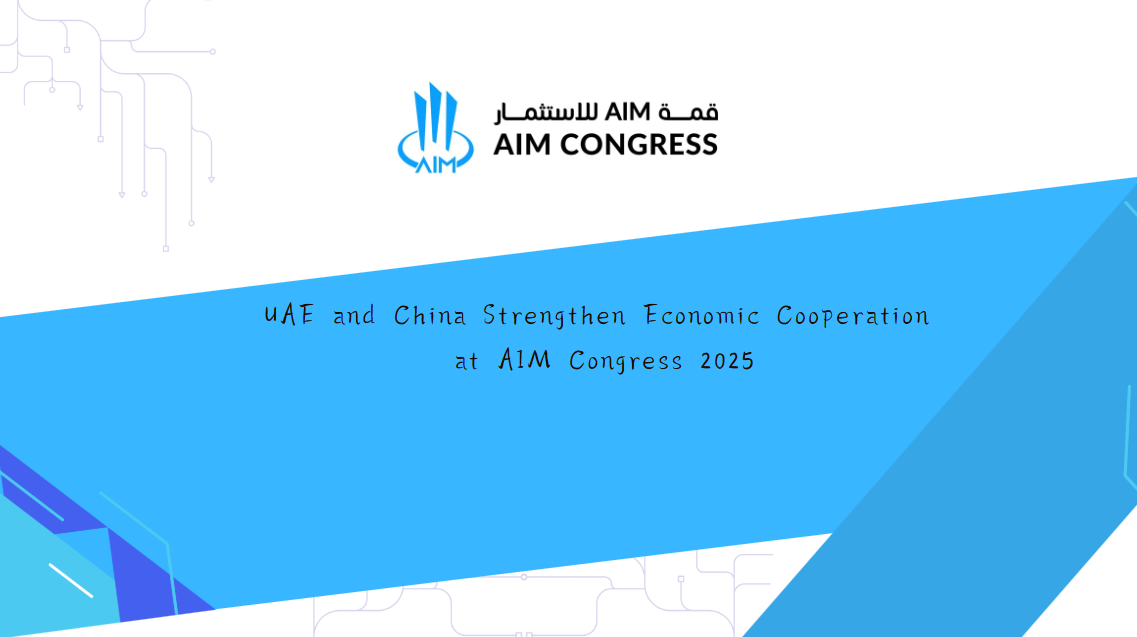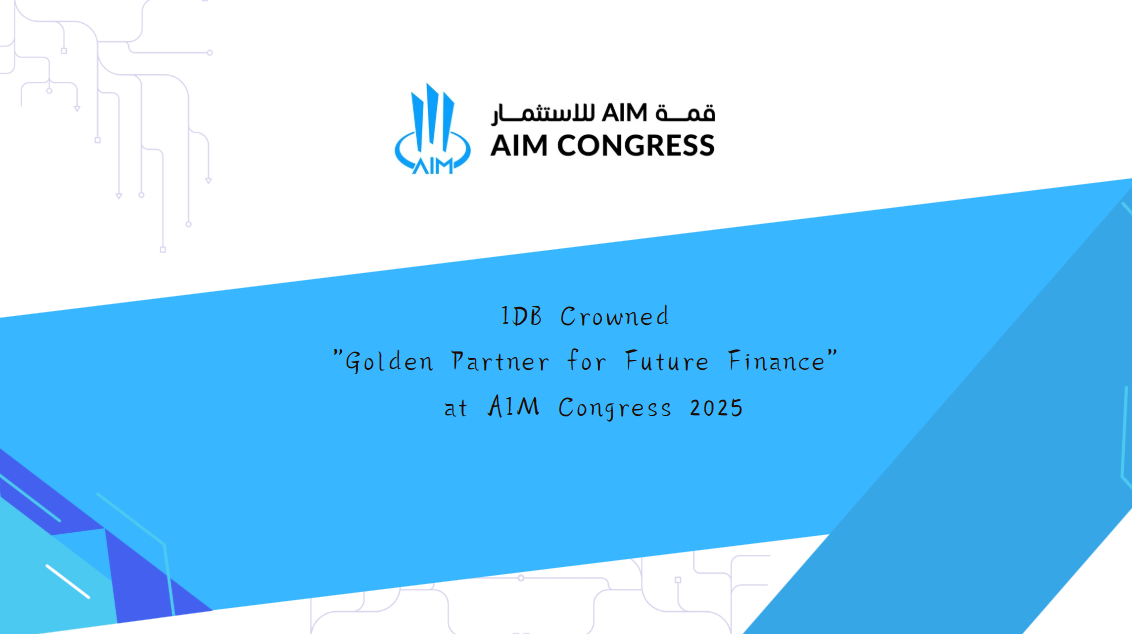Redefining Tourism Investment: Policy Innovation Takes Center Stage at AIM Congress
Abu Dhabi, UAE – April 9, 2025– The Ministerial Roundtable on “Investment in Tourism: Shaping Tourism Investment Opportunities through Policy Innovation”assembled at AIM Congress 2025, gathering ministers and global stakeholders to redefine the future of tourism investment through strategic policy transformation.
The session brought together 13 speakers including officials and ministers from the UAE, Bahrain, Georgia, Montenegro, Egypt, and Iran, as well as senior executives from UNCTAD, UN Tourism, World Economic Forum, ESCAP, and the World Free Zones Organization.

The roundtable emphasized tourism's critical role in economic resilience, job creation, and sustainable development. Opening remarks celebrated the region’s leadership in shaping future-ready policies to attract quality investments that balance economic growth with environmental preservation.
H.E. Abdulla Ahmed Alsaleh, Undersecretary of Ministry of Economy, quoted “Under the guidance of our wise leadership, the UAE has succeeded in consolidating its position as a global destination for investment in the tourism sector. We seek to attract AED 100 billion in new investments by 2031”.
Nan Li Collinsof UNCTAD underscored the importance of innovative investment frameworks that are resilient and environmentally conscious, while Matthew Stephensonof the World Economic Forum pointed to the power of digital transformation and AI in shaping post-pandemic tourism.
H.E. Fatima bint Jaafar Al Sairafi, Minister of Tourism of the Kingdom of Bahrain, highlighted the nation’s evolving tourism policy and robust investment climate, emphasizing Bahrain's strategic role in advancing sustainable tourism and economic growth. Under her leadership, Bahrain has aligned itself with global tourism development goals, integrating UN initiatives while offering attractive investment opportunities through Golden Licenses—two of which are tailored specifically to the tourism sector. With streamlined regulations, investor privileges, and a “one-stop-shop” approach to project facilitation, Bahrain continues to position itself as a premier destination for tourism development and global collaboration.h

H.E Yomna Elbahar, Vice Minister of Tourism and Antiquities, Egypt, highlighted Egypt's independent progress in the tourism sector and emphasized the nation's commitment to innovation in hospitality: “We are bringing together industry pioneers to explore the future of branded living and luxury hospitality in Egypt—shaping new possibilities for the sector.”, she said
H.E Seyed Reza Salehi Amiri, Iran's Minister of Tourism, announced a transformative shift in the country's tourism strategy, emphasizing a strong pivot toward private sector involvement and investment-driven growth.
“We are opening a new chapter in Iran's tourism sector—where the private sector leads, investment thrives, and opportunity multiplies,”said Minister Amiri. With the passage of supportive legislation and the rollout of business-friendly policies, Iran aims to become a regional tourism hub through innovation, accessibility, and sustainable development.
Speakers unanimously called for public-private collaboration, green financing, and investment in human capital as core pillars to unlock tourism's full potential. Samer AlKharashi of UN Tourism emphasized the evolving role of governments in enabling innovation-friendly investment ecosystems.
Mariam Kvrivishvili, Deputy Minister of Economy and Sustainable Development of Georgia, emphasized the nation's commitment to integrating sustainability across tourism, aviation, and mountain resort development. She highlighted Georgia's strategic positioning as a gateway between Europe and Asia and outlined ongoing efforts to promote eco-tourism, green investments in aviation infrastructure, and year-round mountain resort accessibility. With tourism contributing significantly to GDP, Georgia continues to strengthen its global reputation as a forward-thinking, investment-ready destination rooted in both tradition and innovation.
H.E. Simonida Kordic, Minister of Tourism of Montenegro, emphasized the nation's shift toward a more inclusive and sustainable tourism model—one that strengthens local communities and prioritizes environmental responsibility. She shared Montenegro's efforts to invest in green infrastructure, promote solar energy, and expand tourism offerings beyond traditional coastal destinations to include nature and culture-rich experiences inland. Montenegro is issuing green licenses, supporting renewable energy, and welcoming both public and private collaboration to shape a more resilient tourism sector post-COVID.
The session concluded with a strong call to action: to integrate policy innovation, technology, and sustainability as guiding principles for shaping the next era of global tourism investment.
-Ends-
www.aimcongress.com






















































First, please LoginComment After ~